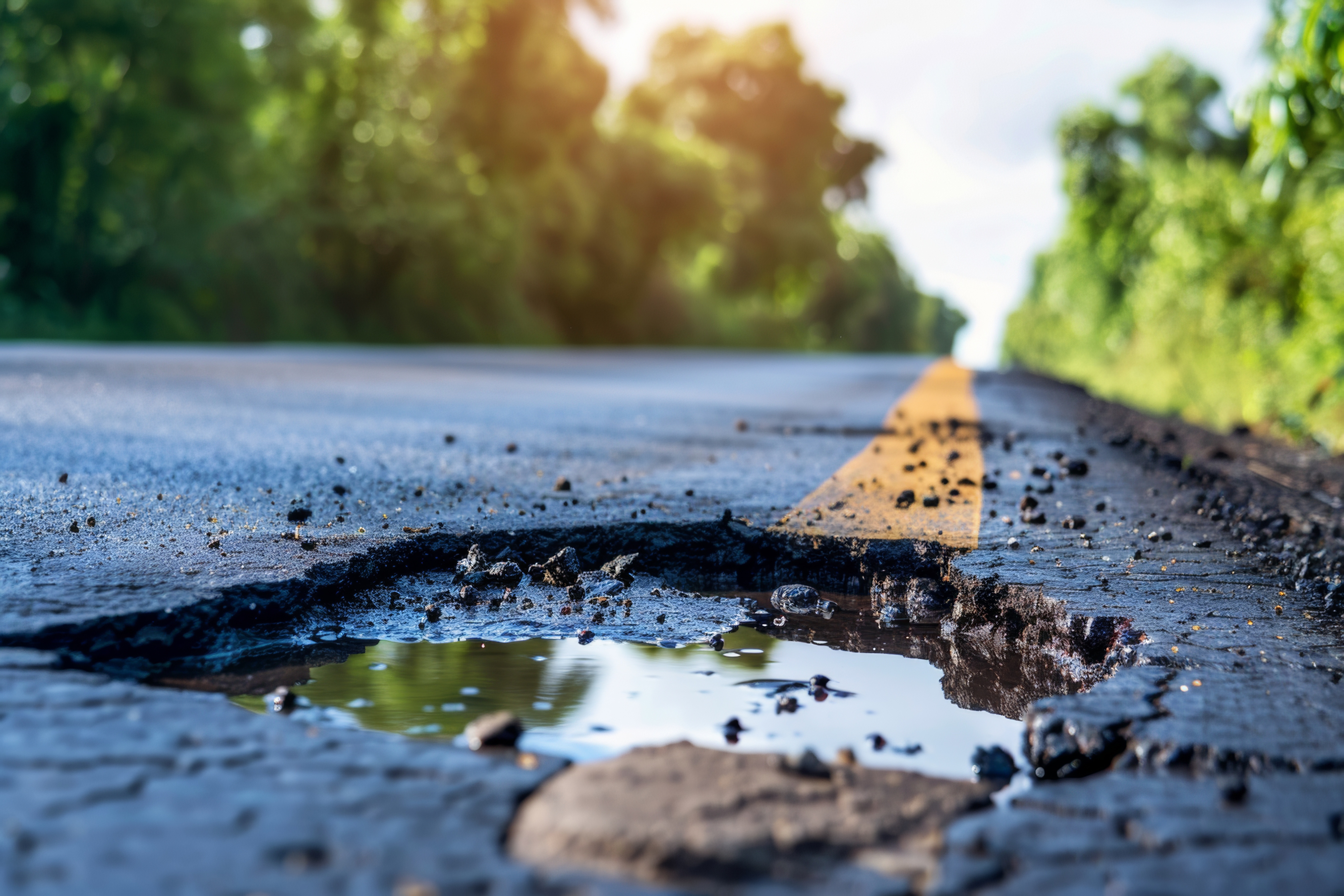Potholes are a common nuisance on British roads, posing safety risks and potentially damaging vehicles. If you’ve encountered a pothole and suffered vehicle damage as a result, it’s useful to know how to report it and seek compensation. This guide will help you understand the steps involved in reporting potholes and claiming compensation for repairs.
Why Reporting Potholes Matters
Reporting potholes is crucial for road safety and vehicle protection. When motorists report potholes, it alerts local authorities to the issue, prompting necessary repairs and reducing the risk for others. Regularly maintained roads mean fewer accidents and vehicle damage claims, so reporting plays an essential role in public safety.
Identifying the Right Authority
Before reporting a pothole, you need to know which authority is responsible for maintaining the road. In the UK, local councils usually manage most roads, while major roads and motorways fall under the jurisdiction of national or regional highways agencies. You can check your local council’s website or use an online service to identify the relevant authority.
How to Report a Pothole
- Collect Accurate Details: Record the exact location of the pothole, including street names and landmarks. It’s helpful to provide photos for visual evidence, showing both the pothole and a measurement of its depth and width to demonstrate its severity.
- Use Official Channels: Most councils have dedicated online forms for reporting potholes. Some even offer mobile apps to make reporting easier. For highways and motorways, visit the respective government agency’s website to submit your report.
- Be Detailed: Provide as much information as possible, including the date and time you noticed the pothole, as this can be relevant if future claims are made.
Seeking Compensation for Vehicle Damage
If your car has been damaged due to a pothole, you may be able to claim compensation to cover repair costs. Here’s how to navigate this process:
- Document the Damage:
- Take clear photographs of the damage to your vehicle as soon as possible.
- Capture images of the pothole itself, ideally including an item like a ruler or coin for scale.
- Collect repair invoices, quotes, or receipts to prove the cost of repairs.
- Contact the Responsible Authority:
- Submit your claim to the local council or highway authority, following their specific process. Attach all the evidence, including photos, repair estimates, and a description of how the damage occurred.
- Keep copies of all communication for your records.
- Await a Response:
- Authorities are legally obliged to maintain roads to a reasonable standard. If they were aware of the pothole and did not act within a reasonable time frame, your claim is more likely to be successful.
- If your claim is rejected, the authority may argue they were unaware of the pothole or acted promptly after being informed. Don’t be disheartened; you can appeal.
Tips for Strengthening Your Claim
- Act Quickly: Submit your report and claim as soon as possible after the incident. Delays may weaken your case.
- Stay Polite but Firm: If your initial claim is denied, remain courteous in your follow-ups. Consider providing additional evidence or asking for a formal review.
- Consult Legal Advice if Needed: If the appeal process doesn’t yield results, seeking advice from a solicitor experienced in motor claims can be beneficial. Some law firms offer initial consultations for free.
Conclusion
Reporting potholes and claiming compensation may seem tedious, but it’s worth the effort to improve road safety and recoup repair costs. By following these steps, you not only help protect your vehicle but also contribute to safer roads for all.
Regular road maintenance and proactive reporting by drivers make a real difference. Keep an eye out, report issues when you see them, and take the appropriate steps if your vehicle has been damaged. It’s a straightforward process that could save you money and help improve driving conditions for everyone.
Disclaimer: The information provided in this guide is for general knowledge and reflects typical procedures for reporting potholes and claiming compensation in the UK. While the steps outlined are based on standard practices, readers should refer to their local council or the official government road maintenance websites for the most accurate and up-to-date guidance. For complex cases or if your claim is denied, consider consulting a qualified legal professional.
